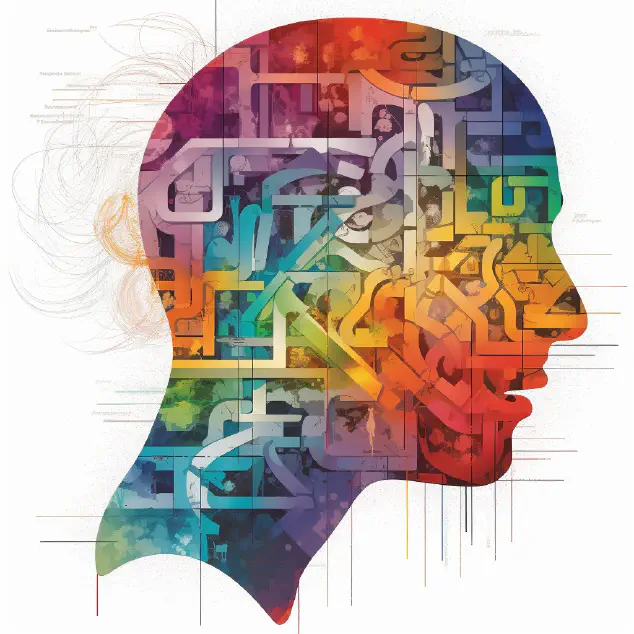
In our fast-paced, ever-changing world, cognitive flexibility—the ability to adapt our thinking and behavior in response to new situations and challenges—is an essential skill for personal growth and success. This mental agility enables us to navigate complex environments, learn from new experiences, and solve problems creatively. In this article, we will discuss the importance of cognitive flexibility and share strategies for cultivating this vital skill.
The Benefits of Cognitive Flexibility
Cognitive flexibility is critical for personal and professional growth. The benefits of developing this skill include:
- Adaptability: Cognitive flexibility enables us to adjust our thinking and behavior in response to new situations and challenges, promoting adaptability and resilience.
- Problem-solving: The ability to approach problems from different angles and consider multiple solutions fosters creative problem-solving and innovative thinking.
- Learning: Cognitive flexibility supports learning by allowing us to assimilate new information, recognize patterns, and make connections between seemingly unrelated concepts.
- Emotional intelligence: Mental agility helps us understand and manage our emotions, which can enhance our relationships, decision-making, and overall well-being.
Strategies for Cultivating Cognitive Flexibility
- Embrace new experiences: Seek out opportunities to engage with new ideas, perspectives, and experiences. This can include attending workshops, traveling, or engaging in new hobbies or activities.
- Challenge your assumptions: Question your beliefs and assumptions, and be open to revising your views in light of new information or perspectives. This practice encourages mental agility and adaptability.
- Practice mindfulness: Mindfulness practices, such as meditation, can help enhance cognitive flexibility by promoting non-judgmental awareness of our thoughts, emotions, and experiences.
- Learn from diverse sources: Expose yourself to a wide range of information and perspectives. This can include reading books, attending lectures, and engaging in discussions with people who have different viewpoints.
- Develop problem-solving skills: Strengthen your problem-solving abilities by working through puzzles, brainteasers, or real-life challenges. Consider multiple solutions and explore different approaches to find the best outcome.
In conclusion, cognitive flexibility is a crucial skill for personal growth and adaptability in our rapidly changing world. By cultivating this mental agility, we can better navigate complex environments, solve problems creatively, and learn from new experiences. Embrace cognitive flexibility and unlock your potential for personal growth and success in an ever-evolving world.


